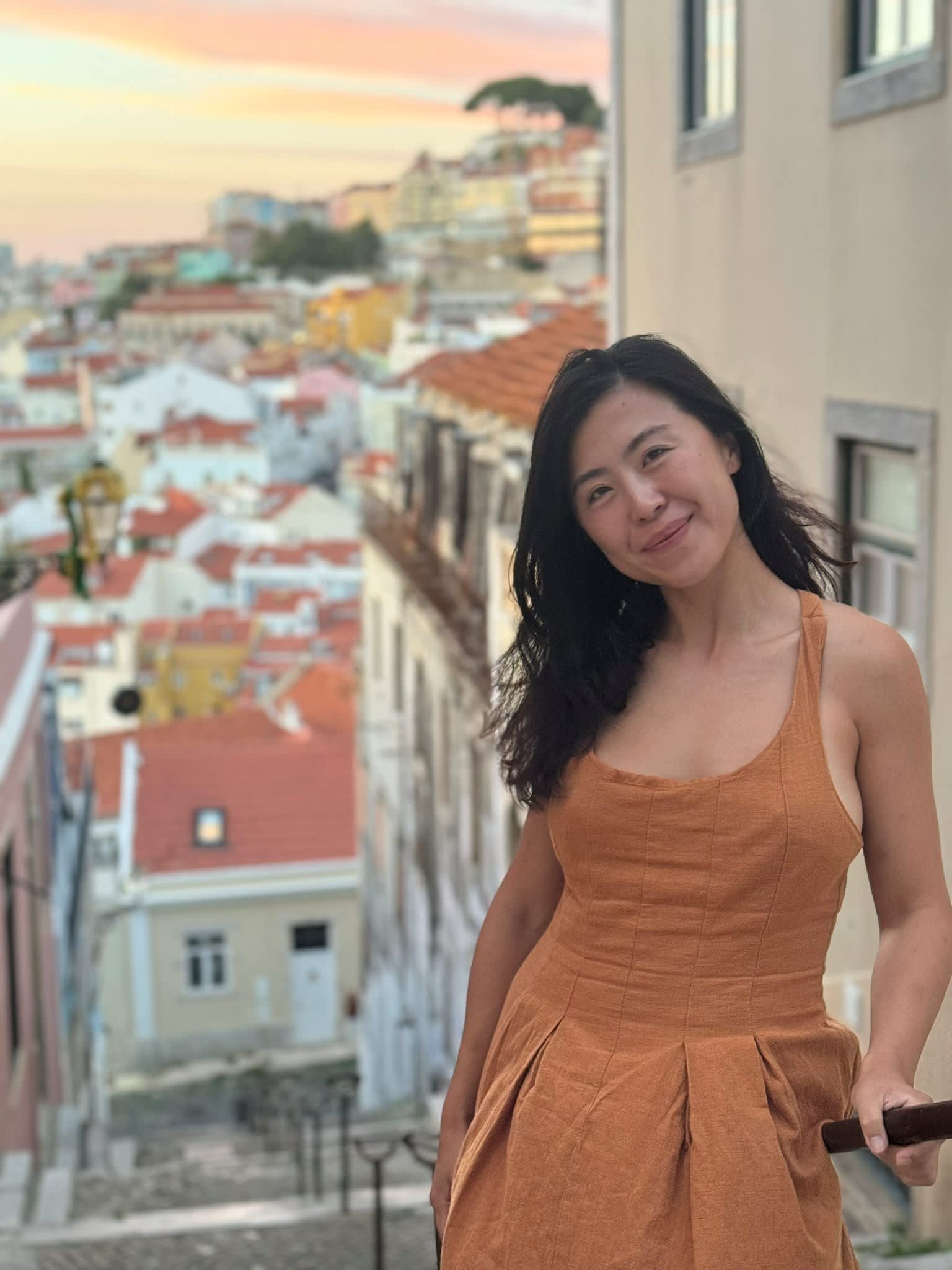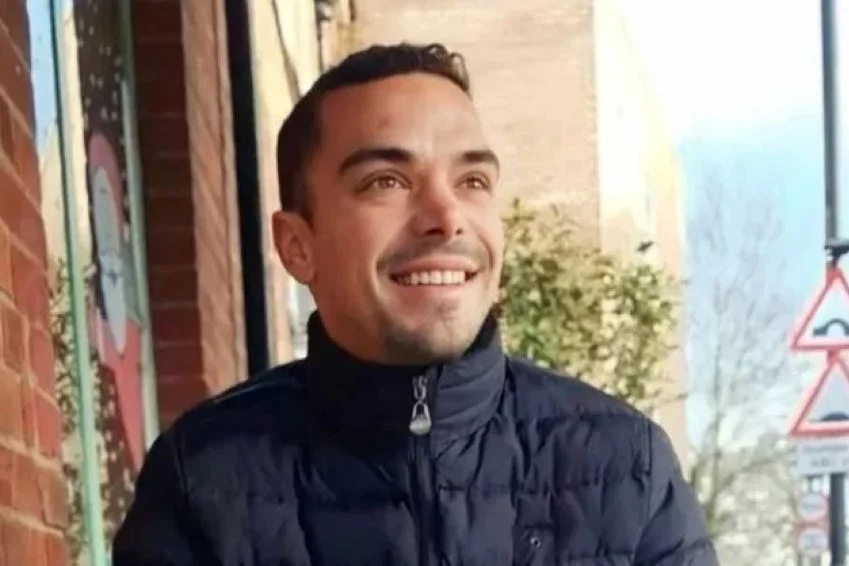Trump’s visa plan pushes H-1B ‘refugees’ to move elsewhere: ‘it made me feel like a second-class citizen’
By Anniek Bao
Copyright cnbc

In 2022, four months after her promotion to vice president, Qian quit. A year later, she packed her life into suitcases again. This time, she was leaving for good.
Now, the 35-year-old resides in Portugal’s capital, Lisbon, with her partner, Swiss artist-filmmaker Tobias Madison, and their newborn child. The Portuguese sun and slower pace, she says, have begun to heal the trauma of a decade in America, where every promotion, vacation and romantic entanglement felt shadowed by the same fear: what happens if her visa disappears?
Chasing the dream — and the visa
The H-1B visa fundamentally shaped her career path, Qian said. “Only a handful of sectors even sponsor it — finance, tech, consulting, law and medicine. You don’t have many options,” she said.
She had done several stints in Boston, from strategy consulting to business development at a tech firm, before rising to become a vice president at a consumer products company.
“When the economy is strong, you may have a chance to compete on an equal footing with other job seekers. But when the economy is bad, you’re the last pick, if you’re picked at all.”
Her anxiety deepened during President Donald Trump’s first term, when visa processing delays and audits rose. Even Qian, who seemed to embody the type of high-skilled worker the U.S. claimed to prize, felt vulnerable. “I had a conflict at work once and thought, if I get fired, I might have to leave immediately,” she recalled. “I was so anxious I actually crashed my car.”
The country was no longer the one she entered in 2009, she said. Reading the comments under news articles about immigration was sobering. “The America I went to believed in openness, in welcoming talent,” she said. “The America I left was divided, suspicious, anxious.”
Her disillusionment echoed a broader trend of slowing international student enrollment in the U.S. in recent years.
“America used to be the dream,” she said. “Now people like me look elsewhere.”
A new chapter
Lisbon, with its tiled streets and Atlantic sunsets, is a world away from Boston and New York. Qian and her partner are renovating a farmhouse in the Portuguese countryside. She is writing a book and exploring creative projects. Life is slower, cheaper, freer, she said.
Portugal has been a hotspot for digital nomads, luring foreign remote workers with friendly visa policies, a better quality of life, and a lower cost of living.
Her visa process in Portugal, she said, was “the easiest of my life.” When she pressed her lawyer for what could go wrong, the lawyer reassured her: “Don’t worry, we are not the U.S.”



